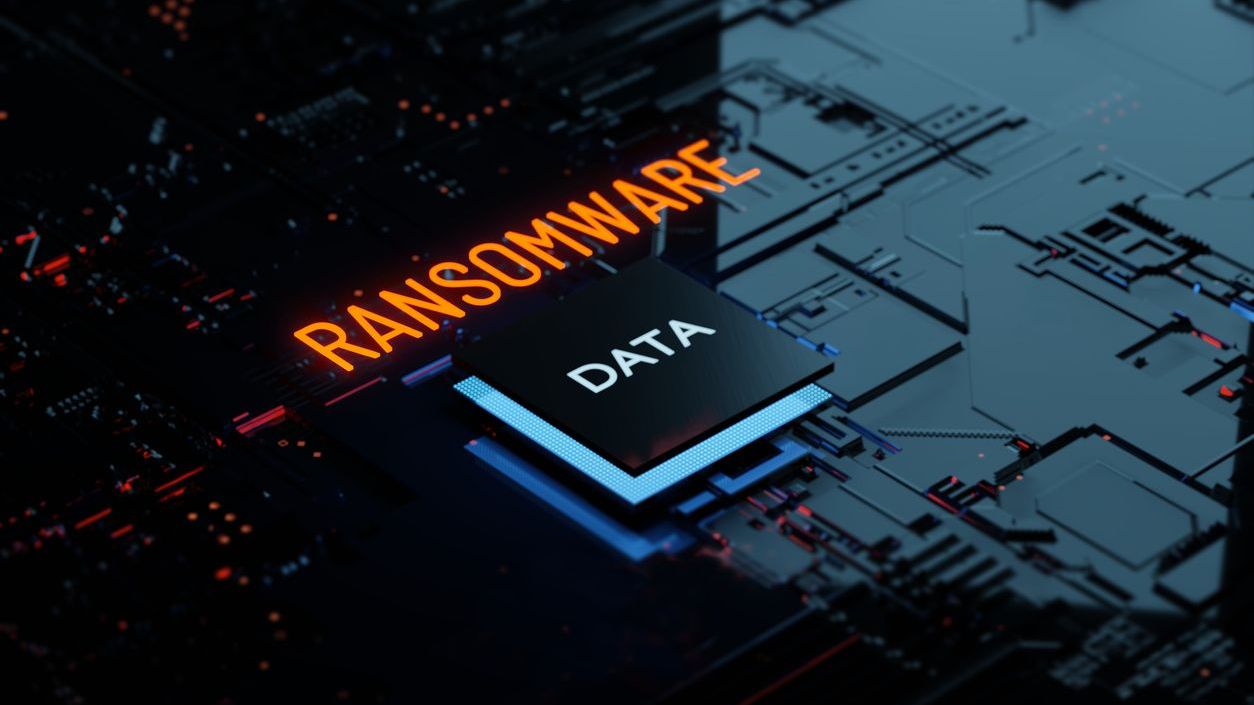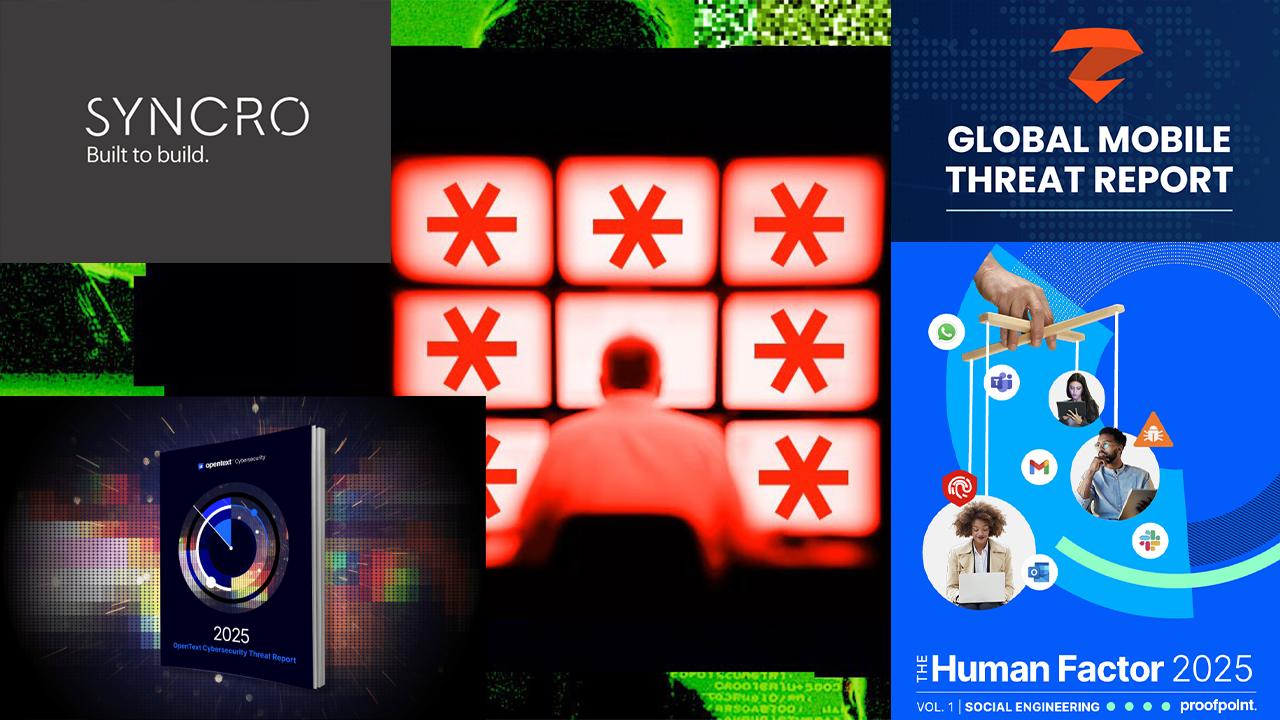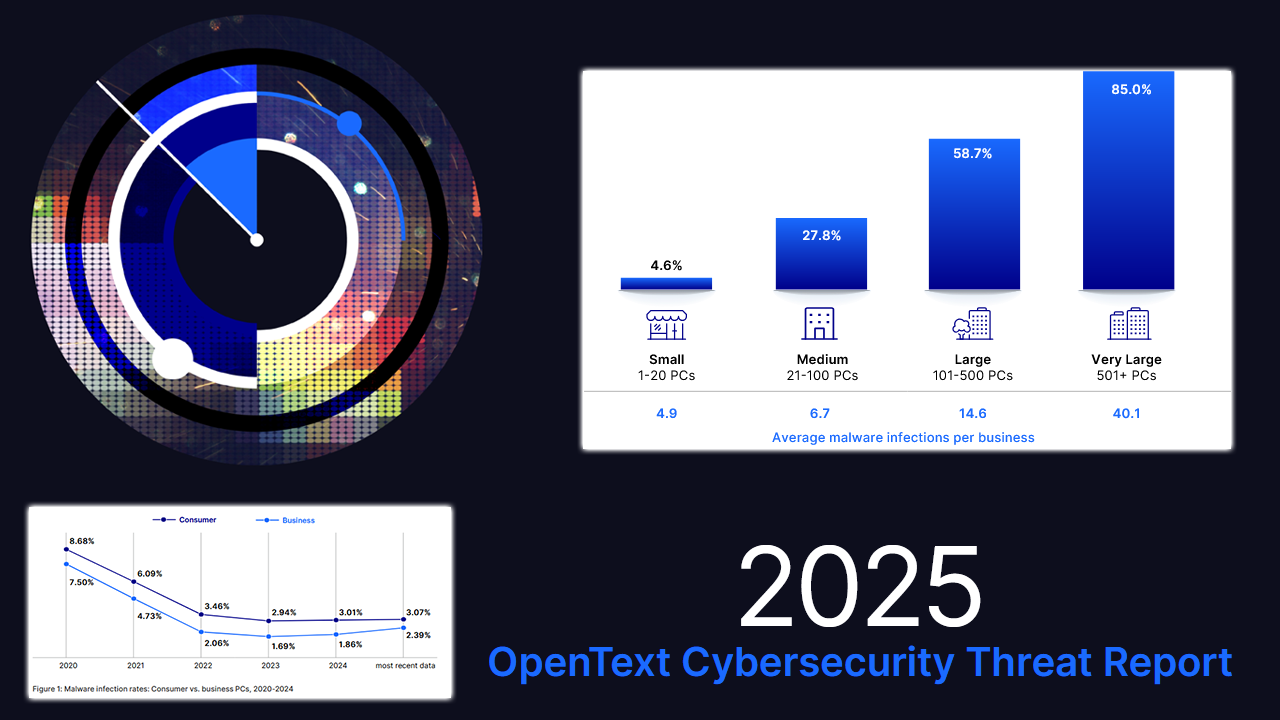Ransomware is a ubiquitous threat, with daily reports of new incidents. In fact, ransomware — which encrypts a company’s data unless the victim pays the ransom — accounted for 68% of worldwide cyberattacks in 2022.
Nearly 155 million ransomware attacks occurred in 2022’s fourth quarter. The cost of these attacks put some companies out of business. In the second quarter of 2023, the average ransom payment totaled over $740,000, more than twice the amount paid in first-quarter 2023.
The MSP Opportunity
Ransomware attacks can cause data breaches, downtime, financial losses, reputational damage, and loss of client trust. As a result, companies have emphasized cybersecurity to protect themselves from online kidnappers. Some businesses are leveraging AI-powered platforms, which take data protection to a new level. Even if companies are not using AI to combat cyberattacks, criminals are.
IT service providers must prioritize safeguarding their data and that of their clients. MSPs are critical for companies, especially those that can’t afford a highly skilled security department. MSPs must take a proactive cybersecurity approach to maintain and grow their client base.
Common Ransomware Attack Methods
Despite technological advances, hackers still rely on tried-and-true methods, such as phishing and exploiting vulnerabilities in software. However, AI has given criminals more tools to develop new attack methods like advanced social engineering and zero-day vulnerabilities. This has further expanded the threat landscape.
As techies know, AI can be used for good or evil. To protect companies, cybersecurity professionals must use AI-driven platforms to defeat or minimize cybercriminals’ new weapons. If not, it welcomes dire consequences.

Alexander Ewing-Shaw
Essential Data Protection Strategies for MSPs
MSPs must employ many strategies to keep clients’ data safe, especially if they provide cybersecurity services. The key ones are:
- Conduct employee security awareness training.
- Use antivirus, anti-malware, firewalls, intrusion detection systems, and email filters.
- Prioritize security patches and updates for software and hardware.
- Use endpoint protection to detect and block ransomware attacks at the device level.
- Implement backups that cannot be altered or deleted by cybercriminals.
- Adopt the 3-2-1 backup standard by making three copies of data on two different media types, including one stored offsite or in the cloud.
- Regularly check backups and recovery procedures.
- Develop incident response plans.
- Buy cybersecurity insurance.
- Maintain open communication and transparency with clients.
- Assess third-party vendor risk.
- Establish strong remote access protocols.
- Utilize Zero Trust architecture, which assumes everything and everyone is compromised.
By implementing these strategies, MSPs can build a robust cybersecurity framework that protects their clients and bolsters their credibility.
Enhancing Threat Detection and Backup Strategies with AI
As the threat landscape evolves, MSPs must incorporate AI technology that can detect and prevent attacks. AI-powered systems can analyze multiple profiles — such as network traffic, user behavior, and system logs — to block threats like ransomware. With machine learning and deep learning technologies, AI platforms can adapt to and predict potential cyber threats.
AI can also automate and optimize backup processes that clients previously were missing. Using AI programs, MSPs can identify crucial data and prioritize its backup. This advanced technology can reduce incident response times and provide immediate plan-of-action recommendations.
Next Steps for MSPs
It’s important for MSPs to understand the essential role AI cybersecurity will play in their business growth. An OpenText survey showed that 92.5% of MSPs and managed security service providers (MSSPs) said investments in AI security services will be major drivers of business growth in the next 12 months.
If they haven’t already, MSPs should focus on AI-driven cybersecurity services to stay competitive and expand their businesses.
Alexander Ewing-Shaw is director of partnerships at Chetu, a global software solutions and support services provider.
Featured image: iStock













